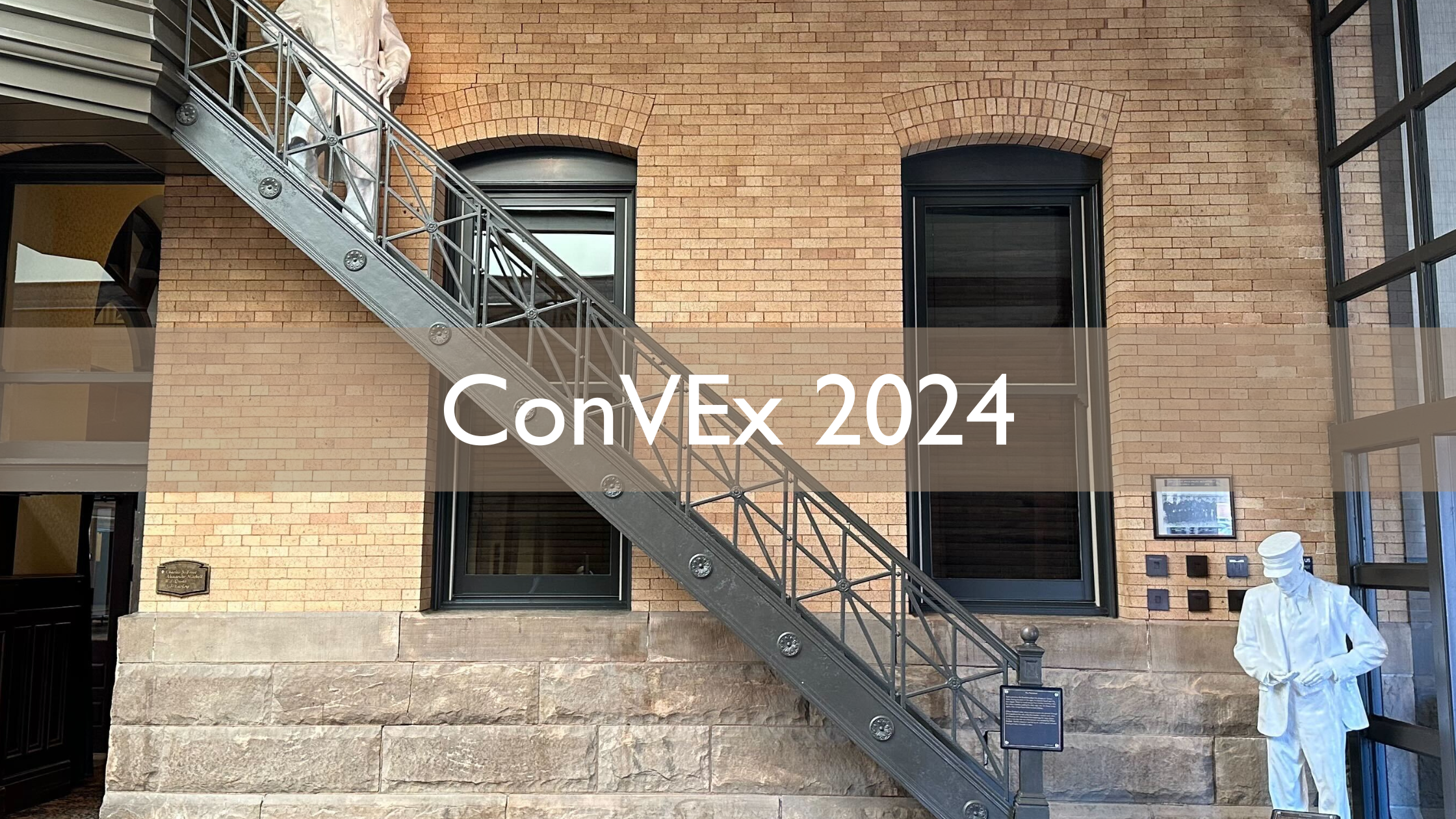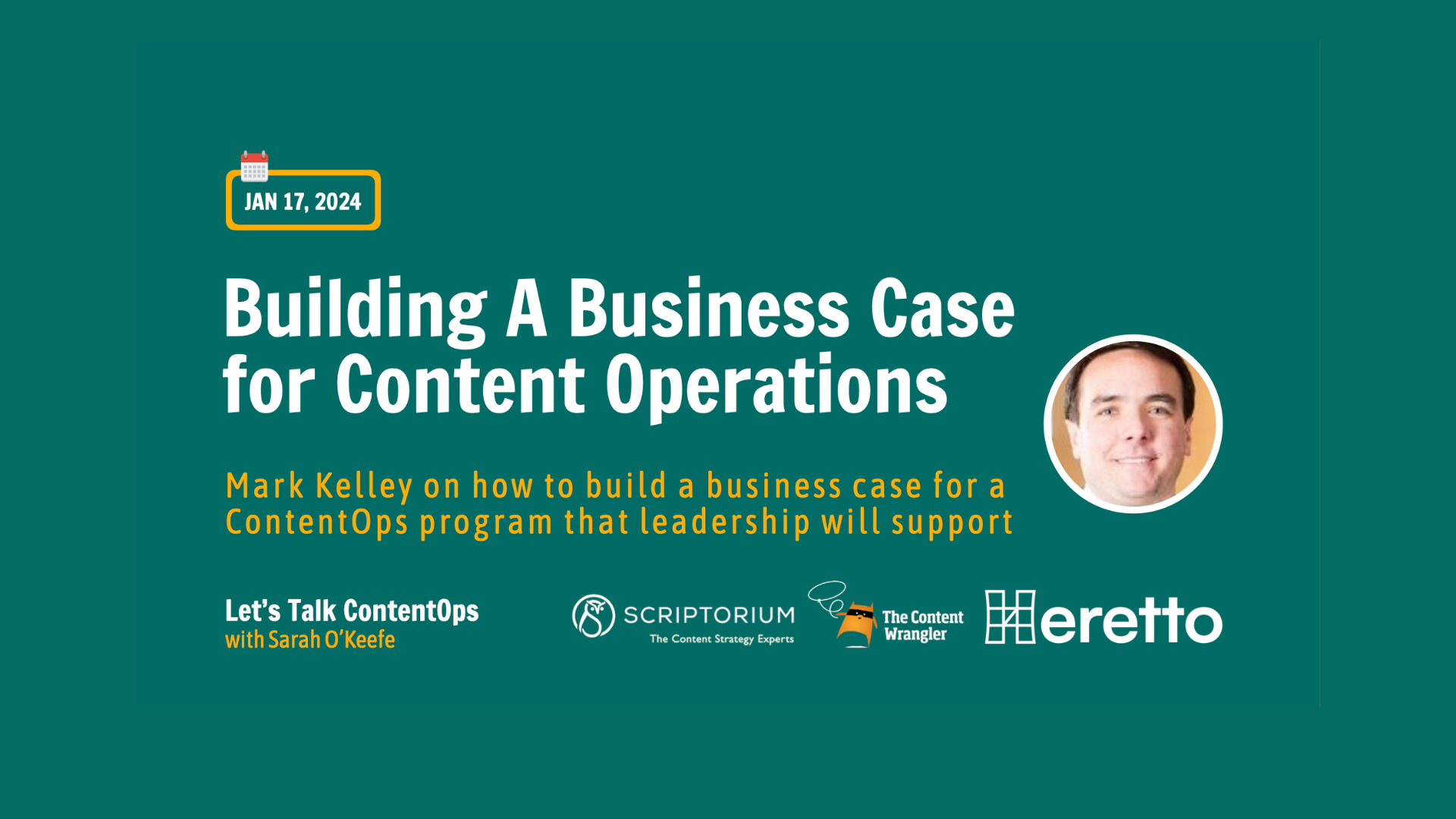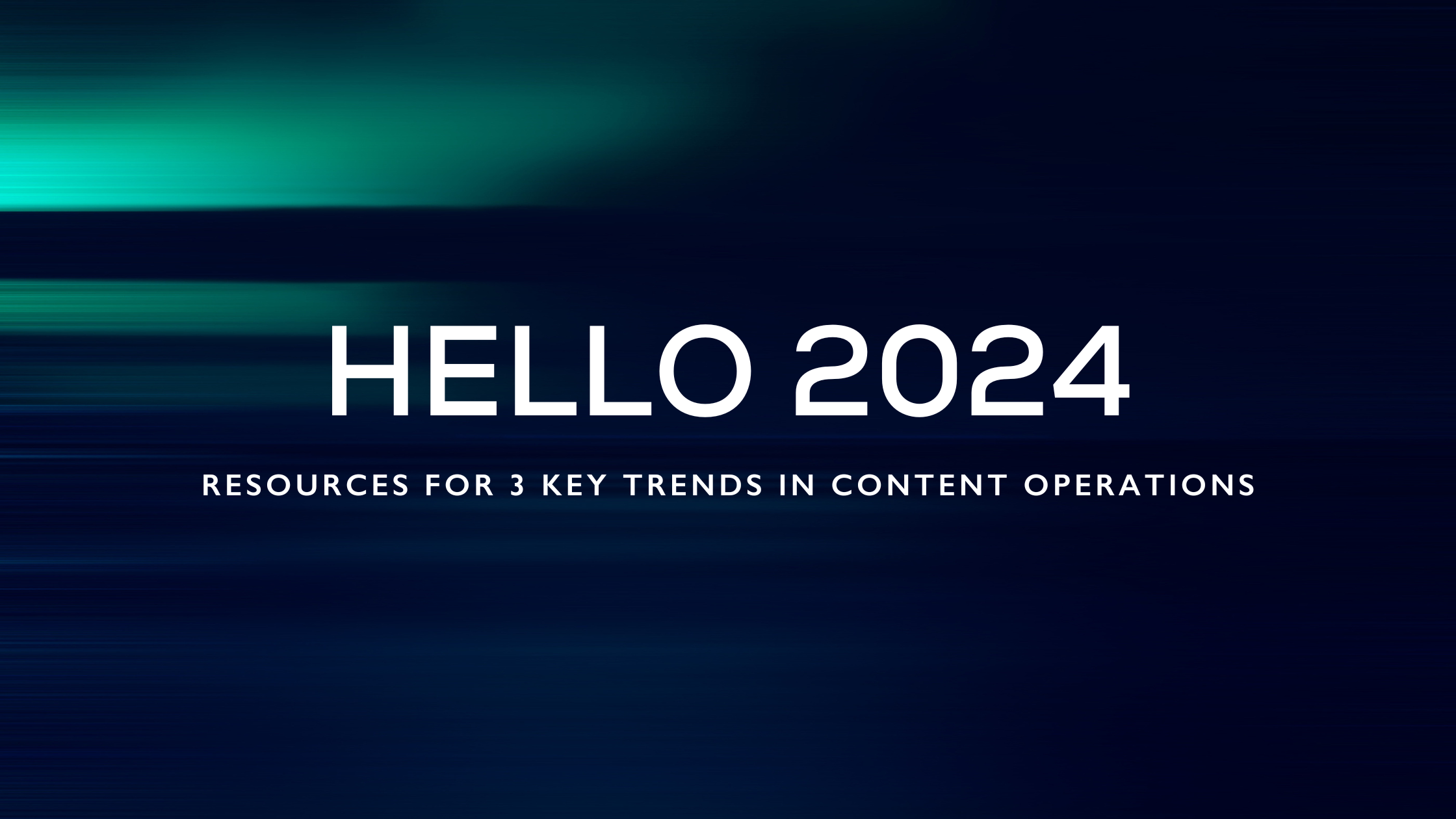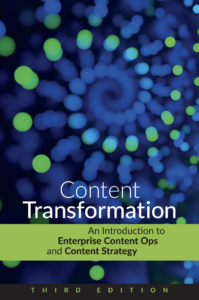Strategies for AI in technical documentation (podcast, English version)
In episode 169 of The Content Strategy Experts podcast, Sarah O’Keefe and special guest Sebastian Göttel of Quanos engage in a captivating conversation on generative AI and its impact on technical documentation. To bring these concepts to life, this English version of the podcast was created with the support of AI transcription and translation tools!
Sarah O’Keefe: So what does AI have to do with poems?
Sebastian Göttel: You often have the impression that AI creates knowledge; that is, creates information out of nothing. And the question is, is that really the case? I think it is quite normal for German scholars to not only look at the text at hand, but also to read between the lines and allow the cultural subtext to flow. From the perspective of scholars of German literature, generative AI actually only interprets or reconstructs information that already exists. Maybe it’s hidden, only implicitly hinted at. But this then becomes visible through the AI.
















